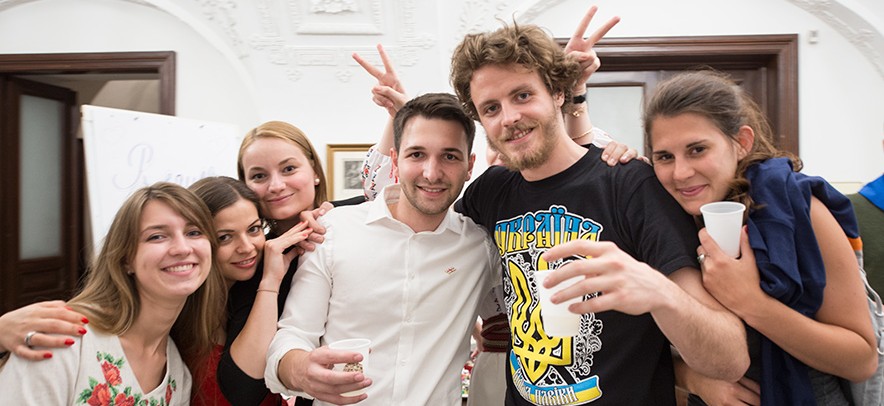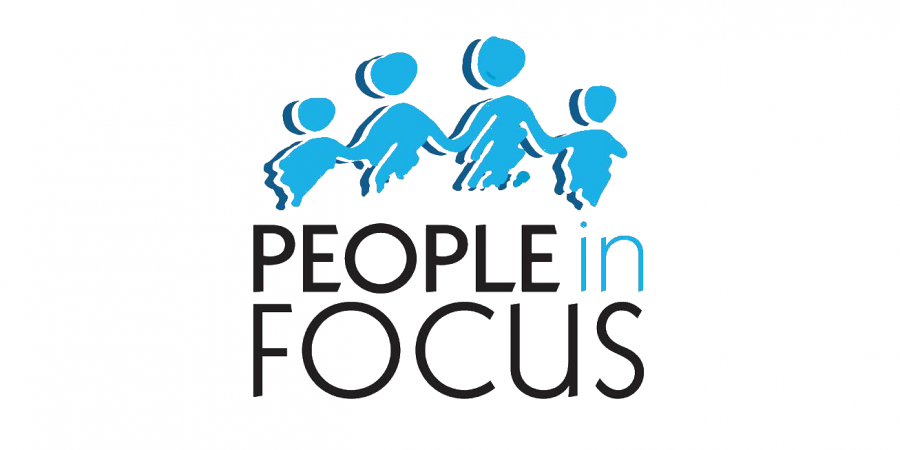
The second week of Visegrad Summer School lectures started with an important topic: “On Fragility of Transformation”. About the complexity of post socialist transformation and windows of opportunities told Karel Svoboda and Taras Voznyak.
“Nothing is really sure, everything depends on you” – started the lecture about the facts and myths of reforms in Eastern European states Karel Svoboda. He presented the problems of decision making and the lack of reformsdue to inactivity of politicians. “War should not be an excuse for no reforms” – he stressed and added that only politicalactivity couldovercomethe Ukrainian conflict.
The expert showed also the problem of analyze the situation of countries during transformation. In the most of them there was a decline in the level of GDP, what is a proof of complete failure for critics of transformations. On the other hand, such shock therapy worked in Poland or Kazakhstan, where reforms were quickly carried out.
Karel Svoboda mentioned that in general transformation process was successful in Central but not in Eastern Europe. That is why countries during transformation should learn a few hints: speed does not matter, creating market without coordinating institution is a huge mistake and EU served as an important anchor.
What actually happened in Ukraine?
The lecture of the next expert, Taras Voznyak, was the cause of the long and stormy debate among participants. In the beginning Ukrainian political scientist showed a few documentaries from the Maidan and occupied parts of the country. After that he presented the Douglas Nort model of countries: in primitive ones the ruler controls the 80% of GDP and in the wealthy ones rich citizens control 20% of GDP and the middle class 60%. “In Ukraine we have a club of democratic oligarchs – a few families control 80% of GDP” – admitted Taras Voznyak. “The whole point of Maidan is to start the transformation, so that people would be able to access these funds” – added he.
He also mentioned about the Putin’s vision of the world based on the Aleksander Dugin's model, in which USA opposes Russia and other counties are for or against Russia policy. It is the modern incarnation of Mackinder's vision of the World Island versus the World Ocean. Where is Ukraine in this geopolitical game? Taras Voznyak said that somewhere in the middle. It is also in the middle of nowadays two geopolitical projects, countries that are still developing – USA and EU. “Putin’s Russia is a representative of a dying empire” – he stressed.
During the debate the expert mentioned about the ways how the West could help the Ukraine: EU should serve as a modelfor other states and keep the sanctions, while the United States need to reduce prices for gas and oil, introduce new energy technologies and diversify energy sources. “Putin is a cynic who is not guided by any ideology. He is trying different instruments in order to maintain the power” – he summed up the contemporary Russian politics course.












